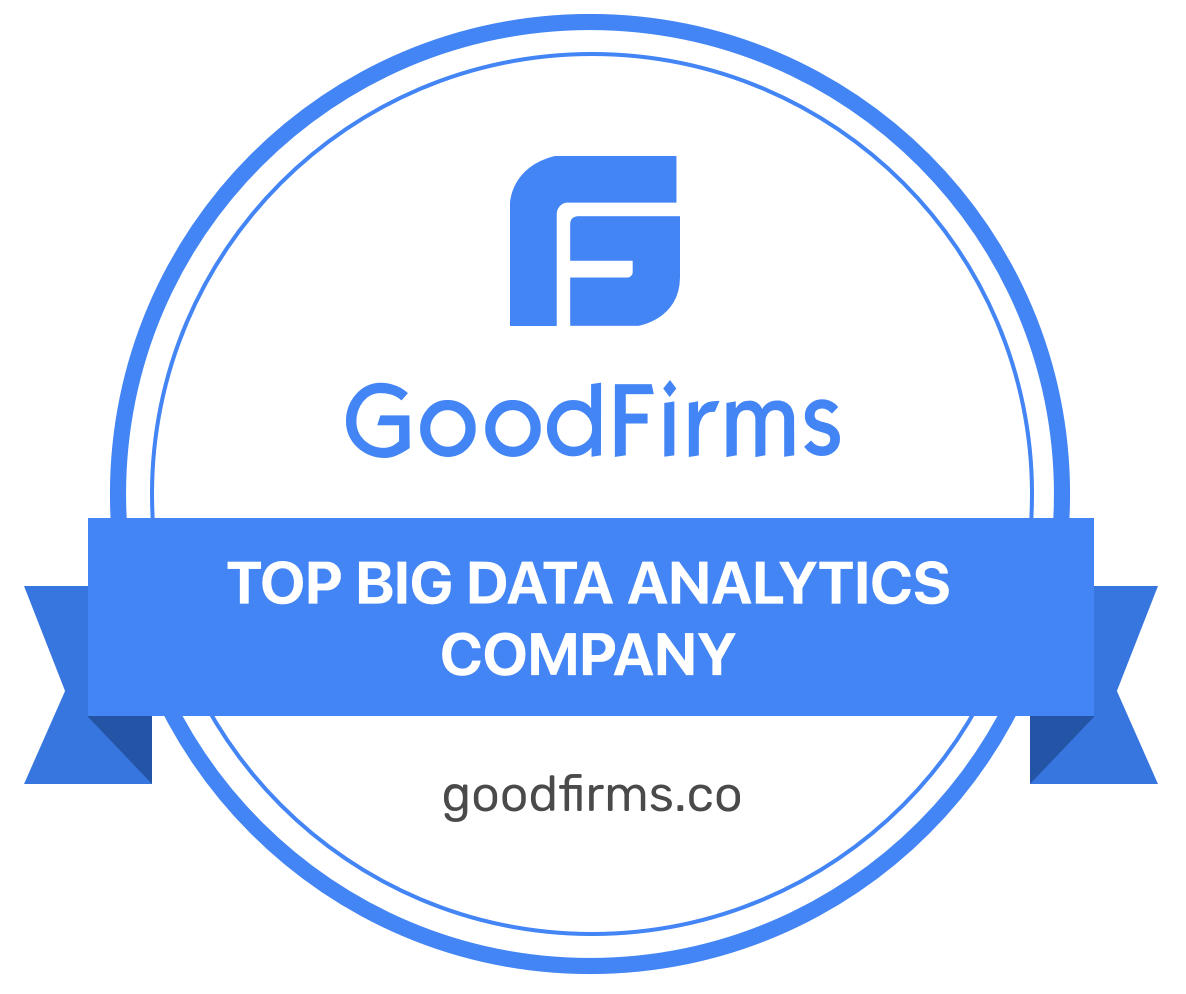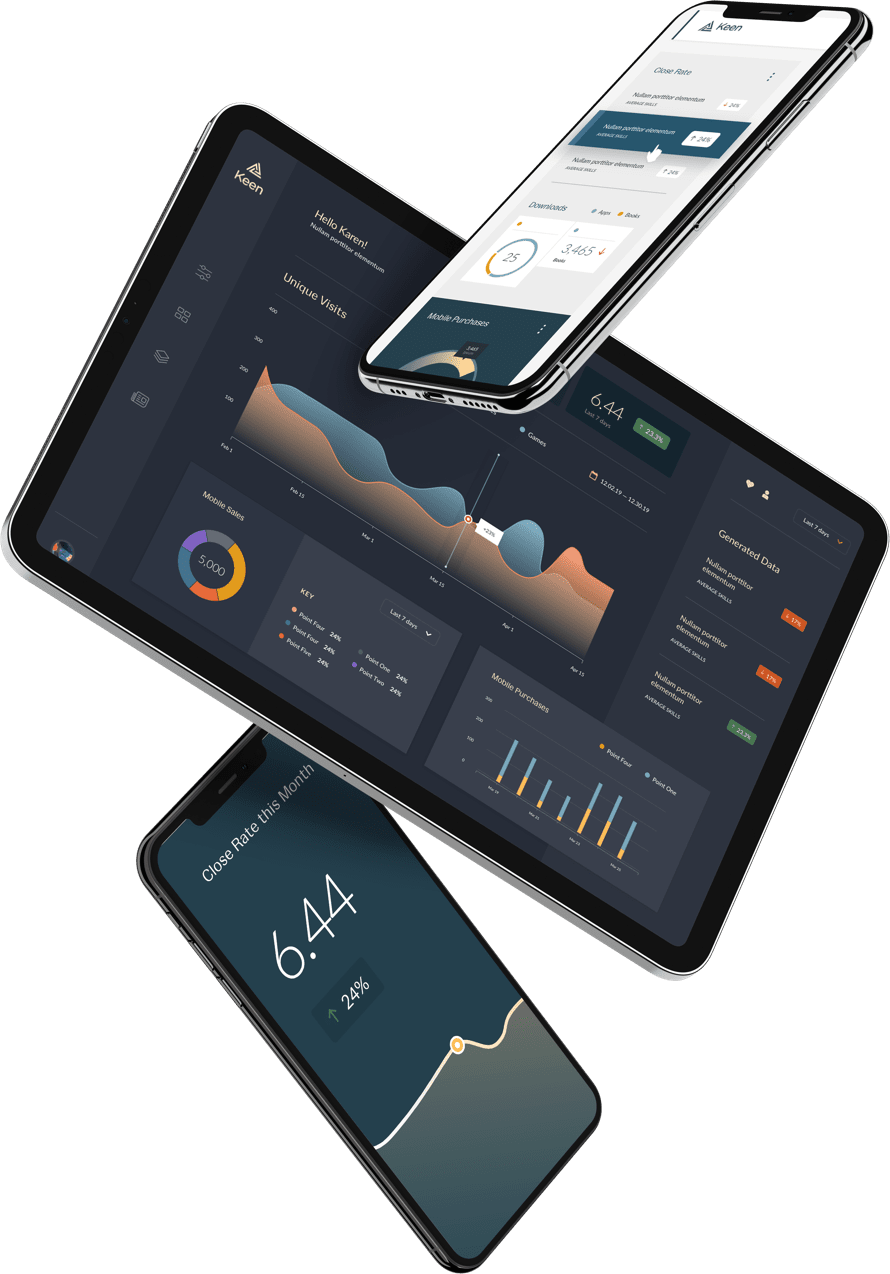Keen let them debug and monetize their games with in-game analytics.
Kongregate needed a powerful custom analytics solution that could drive deep data analysis across their entire new mobile publishing initiative. And Keen was just the power-up they needed.
Keen’s super-flexible data modeling, streams, and export APIs help Kongregate (and their development partners) learn more about how players interact with their games, so they can improve user experience and better monetize their products.
We asked Alex Jaffe, Data Scientist & Technical Game Designer at Kongregate, to tell us a little more about how Keen was able to help:
What were you originally looking to do with analytics?
At Kongregate, we know analytics and why they matter. We recently announced a $10 million fund to help mobile developers publish and promote their games, and one major aspect of what we’re offering is the ability to really dive deep and get a better understanding of how to make mobile games both more enjoyable for users and more effectively monetized. So that meant analytics. But, not just any analytics backend was gonna do it for us.
We needed universal analytics flexible enough to work across any of these mobile games – simple enough for every developer to implement and use, but powerful enough to measure anything and everything. We needed the ability to dig deep into the data and get real insights, even as games updated and evolved – to help drive that evolution, in fact.
Why did you choose Keen?
We were looking for a long time for something exactly like Keen. It was exactly the profile of what we wanted. Traditional analytics partners were about really simple ways of measuring pre-defined things – basically, analytics with the training wheels on. We wanted a power service that was customized to exactly our needs.
Also, we didn’t want to build it ourselves – it would take too long to set up, it’d be too difficult to support and scale. Basically, it would just be a lot to handle, with the amount of data that we would need to be stored, extracted, and analyzed.
If we threw enough people at the problem, we could have made something like Keen – a reasonable facsimile, but probably not one as stable or as feature-rich. It’s great being able to take things like this outside the company to someone who has more expertise in that area than we do. We get what we need and get to keep focused on what matters most to us.
How does Keen help your business?
By tracking play time, achievements, even how often users are jumping or using items, Keen helps us (and our partners) learn what players are doing, how they’re learning or progressing, their retention, their engagement. It’s been essential in showing when games need to be rebalanced, what users are buying (or not buying), what’s working, what isn’t, are users having fun, etc. Keen is the backbone of all of this. It helps us go deeper.
The real-time access to data also helps a great deal with debugging. We think of Keen as a single reliable source of truth. Whenever we see something weird happening, we check it out with Keen.
And it’s great, because we get all of this without a ton of management on our side. We didn’t want developers to have to wait for some database administrator to add a new column for an event – we wanted to them to be able to change their data at will without any coordination with anyone. And with Keen, they can.
What do you like about Keen?
Keen is all about what we don’t have to do. We just want to be able to define events, send them, trust they’ll be there, and play around with them – and with Keen, that’s all seamless. I’ve never had this feeling with any sort of data service; I can be completely ignorant about the inner workings. I just know that it does work, and it will work. It’s like a magic box where data goes in and answers come out.
There’s also this feeling of transparency, or availability, with Keen. With other data services, it feels like they lock the data away from you. You guys treat it like it’s our data – we have every right to access it and experiment with it.
Not to mention, it’s a really good deal, too.
When would you recommend Keen?
We’ve had an extremely good experience with Keen, so I would recommend it to any game developer, absolutely, but it goes beyond games to pretty much any interactive application with lots of iterations.





